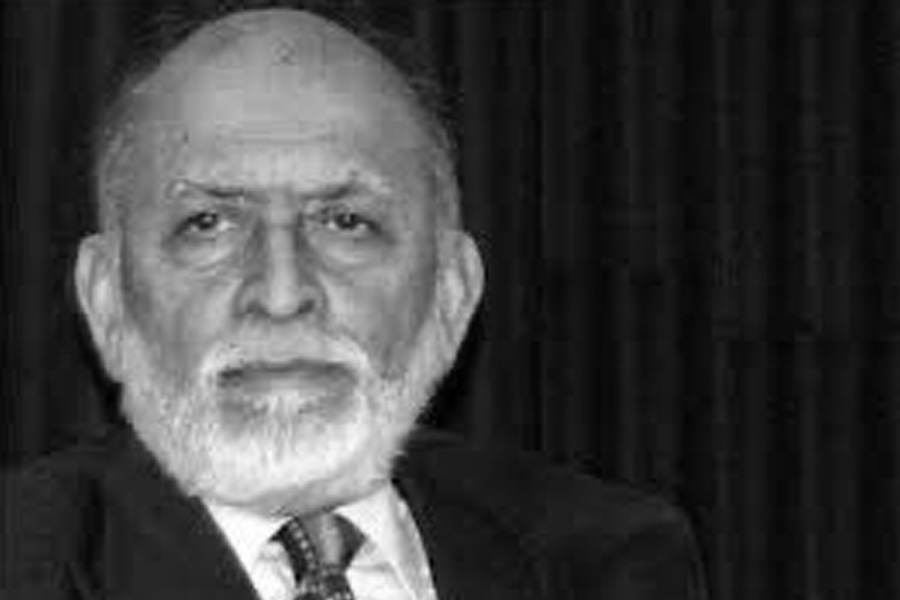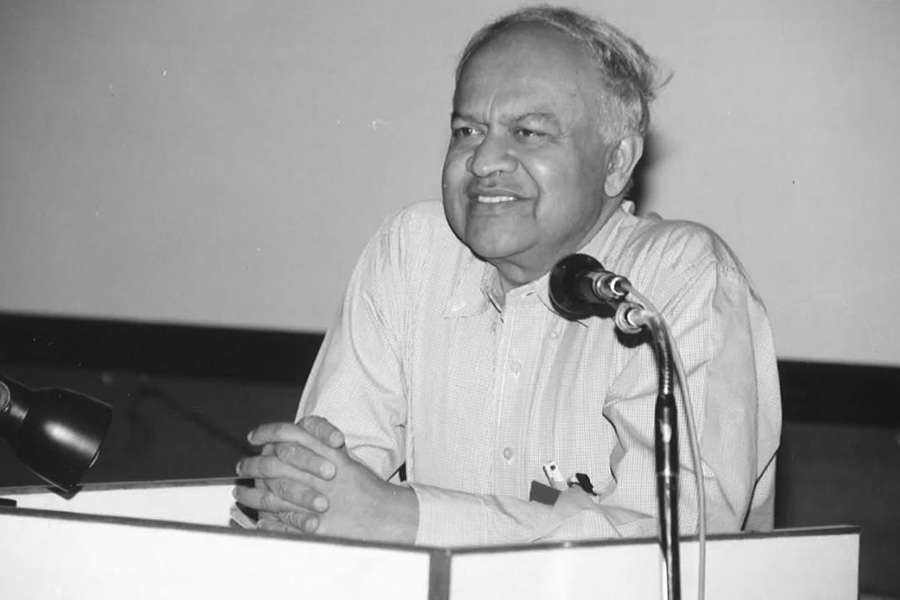
Find a place to stay
We all know how Airbnb changed the vacation rental and housing market, growing into a $30 billion company. Following suit, several start-ups are cropping up to tackle large cities with expensive, scarce housing. New York and the San Francisco Bay Area are the two metropolises offering the bulk of start-up living spaces, but operations are spreading to other cities, including Los Angeles, Seattle and Pittsburgh. One such start-up, HubHaus, says, "rent one of our rooms and find your tribe." Founded less than three years ago, the company now manages about 80 houses in LA and the San Francisco Bay Area, matching up roommates and planning group events.
San Francisco-based Starcity aims to tackle loneliness. "Social isolation is a growing epidemic - we solve this problem by bringing people together to create meaningful connections," the company's homepage states. It also stands as a solution to housing shortages as it promotes high-density living. It claims to increase living capacity by three times that of the normal apartment building. Residents pay $2,000 to $2,300 a month, all expenses included, depending on the length of stay. At another similar start-up, HomeShare, two-bedroom luxury flats are converted to three-bedrooms with partitions. Monthly rents start at about $1,000 and go up for larger spaces.
Most of these shared and temporary housing start-ups also offer savings through flexible-term leases, typically with minimum stays of one to three months. These spaces usually come furnished, with no need to set up WiFi or pay electricity bills.
Fairy tales can be real
The world recently celebrated the union of Prince Harry and Meghan Markle at the Windsor Castle. But celebrations were not limited to England. In New York City, many bars opened early at 6.30 am to screen the event on television. Many of them were packed with viewers. Networks such as NBC, CBS, ABC, CNN, TLC, HBO, Hallmark, and E! all offered a live stream of the wedding, with commentary. 'Viewing parties' were also held across the United States of America at hotels and residences, often complete with tea, biscuits and champagne.
Meghan Markle, after all, is not just an American. She has African-American heritage and is now going to be part of the British monarchy. The irony is not lost. The wedding itself was permeated by African-American culture, including a gospel choir singing Ben King's " Stand By Me", a marker of the civil rights movement. Michael Curry, the first African-American presiding bishop of the US Episcopal church, invoked Martin Luther King Jr as he spoke about the power of love.
Television viewership for the wedding in the US was forecast to easily exceed the 23 million for Prince William's wedding to Kate Middleton in 2011. Veronica Hefner, a quantitative media scholar at the University of California, told NBC that this wedding may prove more popular because the bride "is literally living out the American princess fairy tale".
Everyone must eat healthy
Back to the subject of start-ups changing an age-old industry. Many young companies are striving to offer efficient means to gain access to food. One such company is Wholesome Wave, a non-profit in NYC which aims to increase underprivileged communities' access to fresh produce through a 'Rewards Card' system which will incentivize fruit and vegetable purchases. Low-income families in NYC will receive cards preloaded with $20, and if they spend it on produce at one of six participating supermarkets, they will receive more money that goes back on the card. Participants can get up to a total of $180 on their card through December 31, 2018. The company plans to enroll around 800 families, reaching up to 3,000 New Yorkers, and wishes to expand nationwide next year. According to the non-profit's website, "only one in 10 kids eats enough fresh fruit and vegetables," and "more than 40 million Americans rely SNAP to eat". The CEO, Michel Nischan, recognizes that cost is the "the single greatest obstacle to healthy eating among low-income families," and he hopes to eventually reach the 40.6 million Americans living in poverty today.
Look into the past
The Museum of the Bible opened in Washington, DC just six months ago, and now has more than half a million visitors. Located just two blocks from the National Mall, the museum documents the narrative, history and impact of the Bible in America and worldwide. It contains more than 1,000 objects and artefacts, including papyri, Torah scrolls, medieval manuscripts, and rare printed Bibles.
In the "Bible in America" exhibit, visitors discover the Bible's impact on the founders, Abraham Lincoln and Martin Luther King Jr. An interactive touchscreen exhibit enables visitors to encounter a library of gospel and spiritual songs performed by various artists. Situated three blocks from the Capitol, the museum includes towering bronze gates inscribed with text from the Gutenberg Bible and a soundscape of the 10 plagues - enhanced by smog and a glowing red light to symbolize the time when the Nile turned to blood.
However, the US Immigration and Customs Enforcement found that 3,800 artefacts from the Ancient and Near East were smuggled in by an ancient Craft store from Iraq. The Bible is, of course, still the world's top bestselling book with 1,68,000 copies sold or given away each day in the US alone.
Footnote

There is yet another new dating trend called orbiting. It is when the person you have been seeing cuts off all meaningful communication - a nod to ghosting - but continues to engage with you on social media, by checking your Instagram or Snapchat stories, liking your Facebook updates or commenting on a post once in a while. Unlike ghosting, it is arguably a lot harder to escape orbiting. It sends mixed messages, and is growing with the rise of social media.










